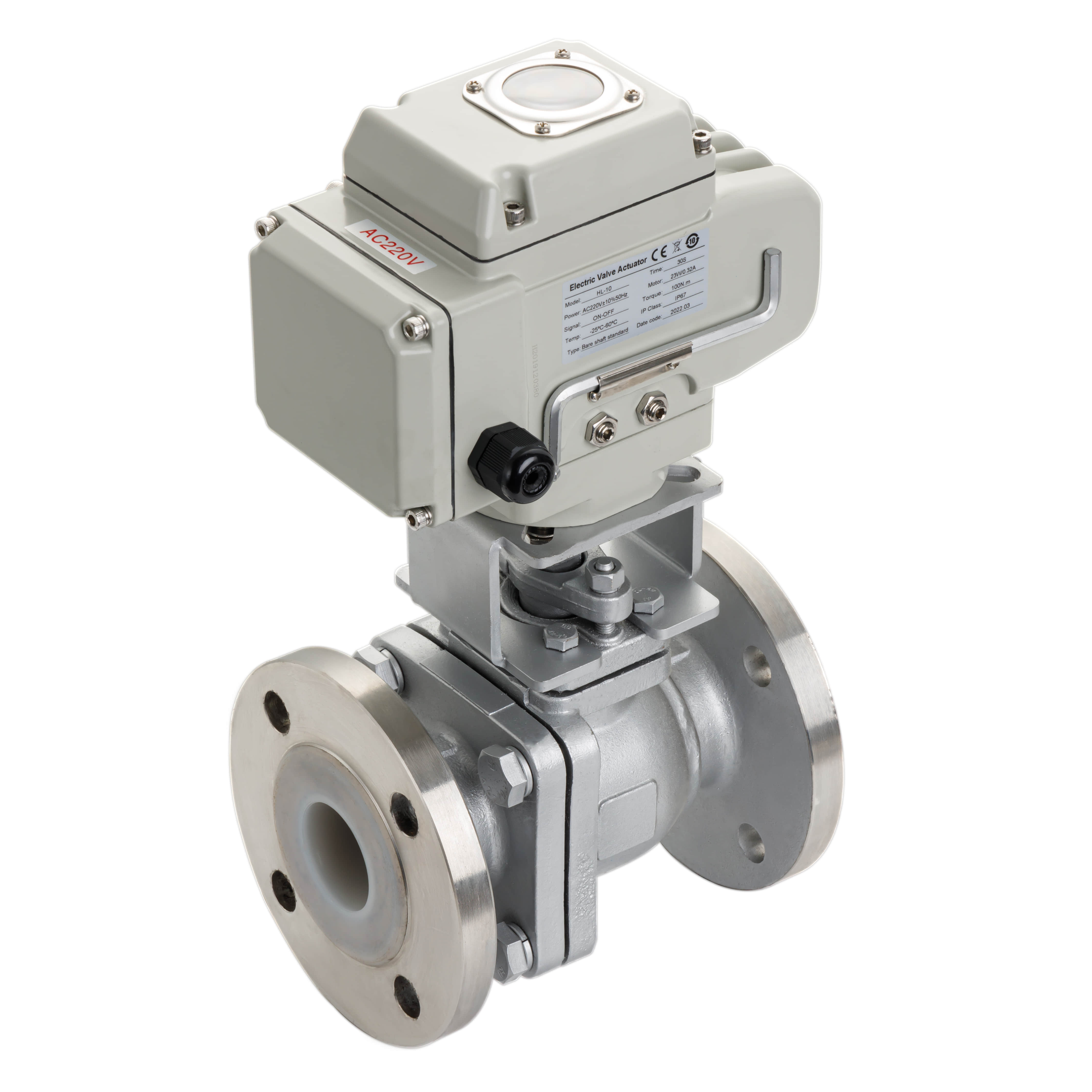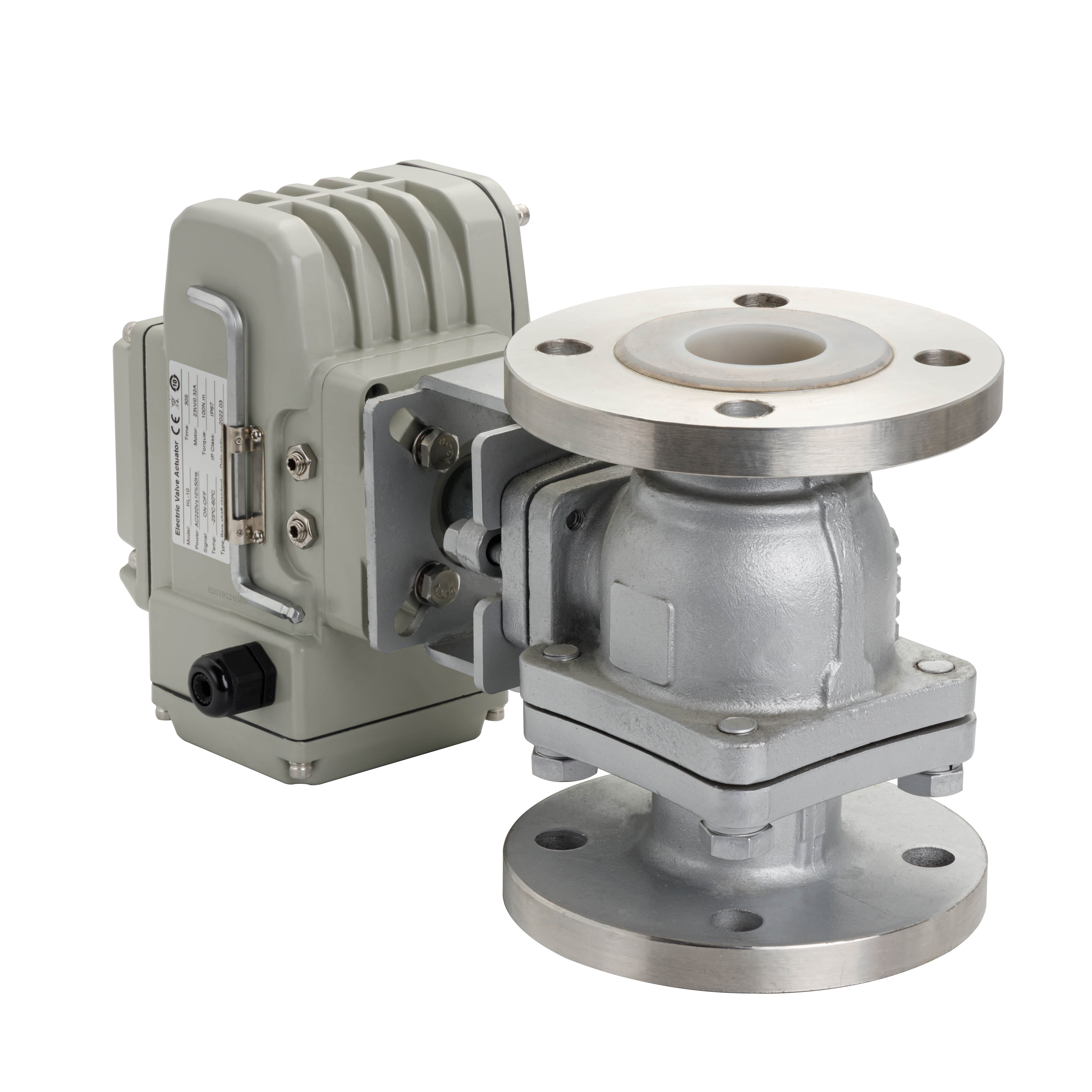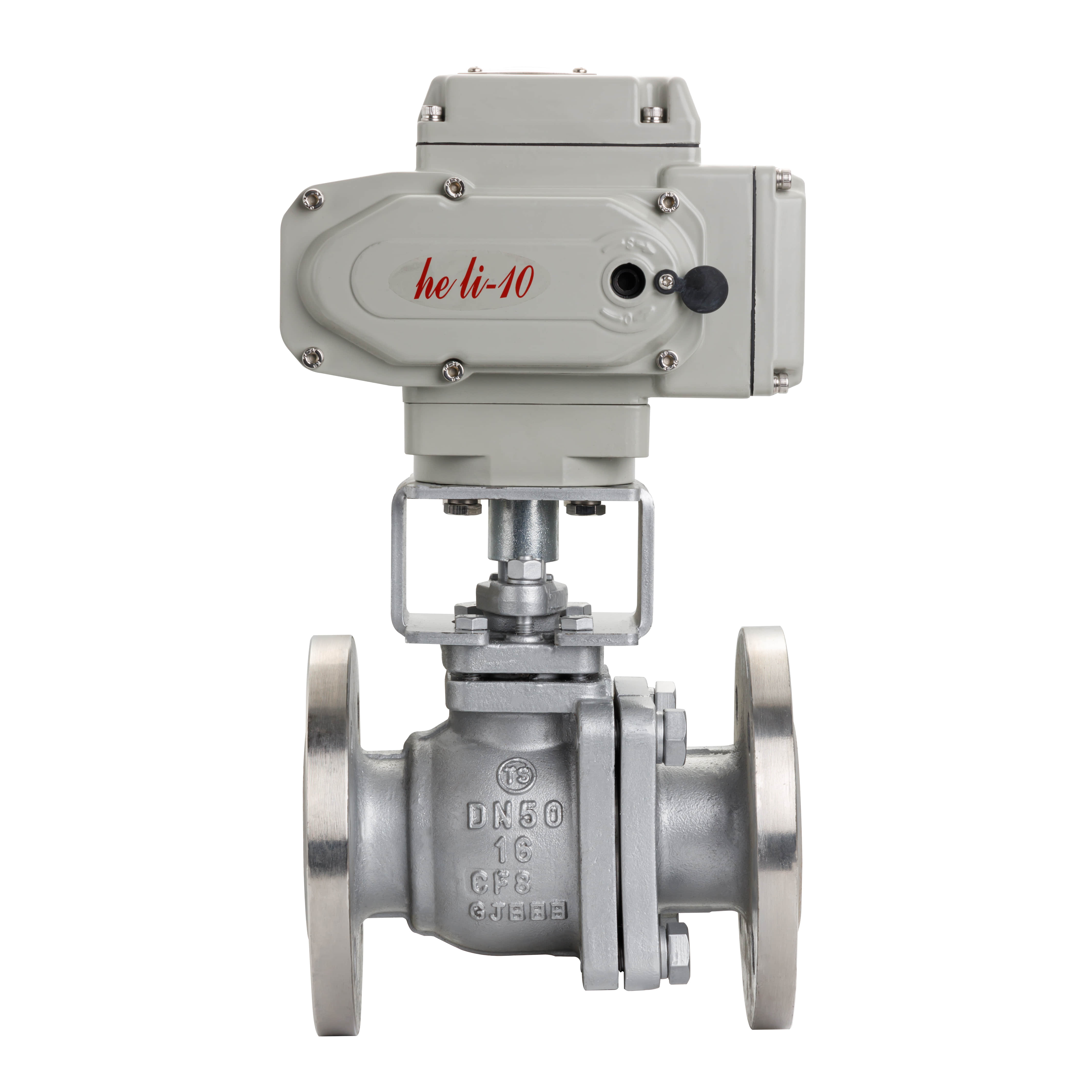
Electric anti-corrosion ball valves are increasingly vital components in various industries, especially where the transportation of corrosive fluids is a concern. These valves are engineered to provide effective sealing while minimizing the risk of corrosion, ensuring longevity and reliability in challenging environments.

At their core, electric anti-corrosion ball valves operate through a simple yet effective mechanism. They consist of a hollow ball with a hole through its center, which is mounted within the valve body. When the valve is closed, the ball rotates to block the flow; when opened, the ball aligns with the flow path, allowing liquids or gases to pass through effortlessly. This design not only enables quick opening and closing but also contributes to low-pressure drops across the valve.

